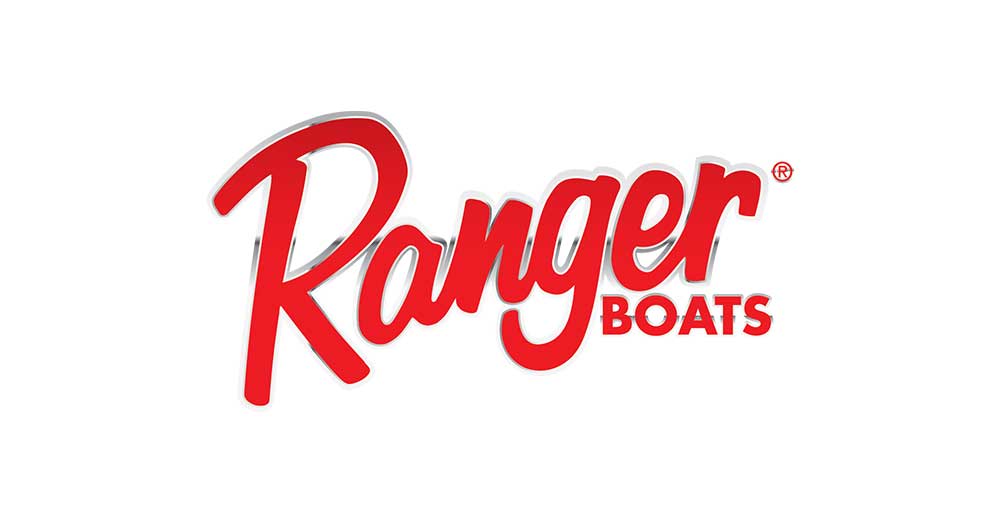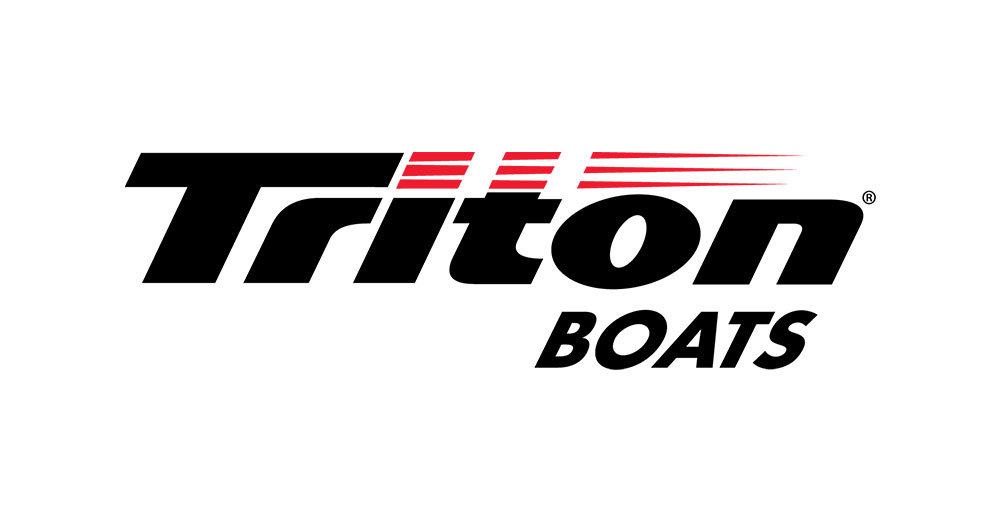Winterize Your Boat & Prep for Cold Weather
For most of the country, shorter days and crisper winds means that winter is on the way with lower temperatures, so it is very important to protect your investment and prepare your boat for seasonal cold weather.
In the North, water will soon turn to ice. And with a few exceptions, most anglers—including the bravest of souls—will bow to the whims of Mother Nature and tuck their boats away for the winter.
Farther South, there may not be all the ice but there can be cold winter rains that make fishing less enjoyable. And, the fish themselves become less receptive to your favorite crankbaits, spinnerbaits and plastic worms.
Maybe that’s why a cup of hot coffee and a visit with The Bass Pros or The Next Bite on a cold Saturday morning in December or January sounds really good.
If you’re going to put your boat away for a few months—and there’s a chance of freezing temperatures—you should safeguard your boat, motor and trailer. What steps should you take to protect your investment during those cold winter months?
How to Winterize a Boat
The primary steps to winterize your boat for the winter include:
- Completely drain and refill the lower unit
- Remove the propeller and clean out any fishing line that may be wrapped around the prop seals
- Add stabilizer to the unused fuel in the tank
- Fully charging the batteries and disconnecting the battery cables
- Change the oil and filter so the boat is ready to go in the spring
- Fog the engine cylinders to prevent rust
Store your boat inside. If you have the luxury of keeping it in a heated garage, that’s even better. If you have to store your boat outside, it’s strongly recommended to wrap it to keep it dry and reduce the chances of mice, squirrels or other critters making a cozy home over the winter months.
Boat Prep for Cold Weather Operation
If you live in an in-between state where weather events are inconsistent and it freezes occasionally, or if you live near a major river, such as the Mississippi River, where you can fish year-round, you can keep your boat on the water, but you should still take some steps to keep it running smoothly.
It becomes even more critical to maintain your boat especially if it's put to task during cold months. If there is a chance of freezing temperatures, it’s critical to thwart your engine’s biggest enemy—water. Water in any part of your boat’s system—the lower unit, livewell or bilge area—could cause major problems. That’s why it’s so important to empty your boat of any water. Tilt the motor so that it’s all the way down to let gravity do what it does best. Doing this allows water to drain, which will help prevent any damage from ice. Also, don’t forget to pull the drain plug when storing it at home.
One more tip: Bring some sand or kitty litter with you to the landing and sprinkle it before you put your boat into the water. Water can turn into ice on concrete ramps. The sand or kitty litter will give you some traction so you don’t slip and turn your day into a nightmare.
Changing the oil and fuel filter in fourstroke engines is advisable at least once a year. It’s also important to inspect fuel lines and the water pump. Another important thing to note is that batteries can freeze in cold weather and weaken, so make sure you keep them fully charged.
Check Your Boat Trailer
When you’re preparing your boat for the winter, don’t overlook the trailer, If you’ve been putting a lot of miles on it, a complete trailer inspection is called for. Be sure to pay extra attention to the hubs, wheel bearings and seals. It’s also a good practice to check your lights, and inspect brakes and tires for wear. Imagine having to perform trailer repairs on the side of the road during winter months; It's best to take proactive steps to minimize the possibility for that kind of grief.
If you follow these steps to winterize your boat, motor, and trailer, you can expect performance from your fishing boat through the seasons. Some of us will be able to rely on our rigs throughout the cold months, and others will be ready to hit the water as soon as spring rolls around and water opens up.
If you're among the last to winterize, a quick and easy solution is to visit your nearest dealer's service department or bring your boat to the closest Bass Pro Shops and Cabela's Power Pros Boat Service Center. The Power Pros offer a 34 point inspection and thorough steps to quickly and easily safeguard your investment for the winter season.






